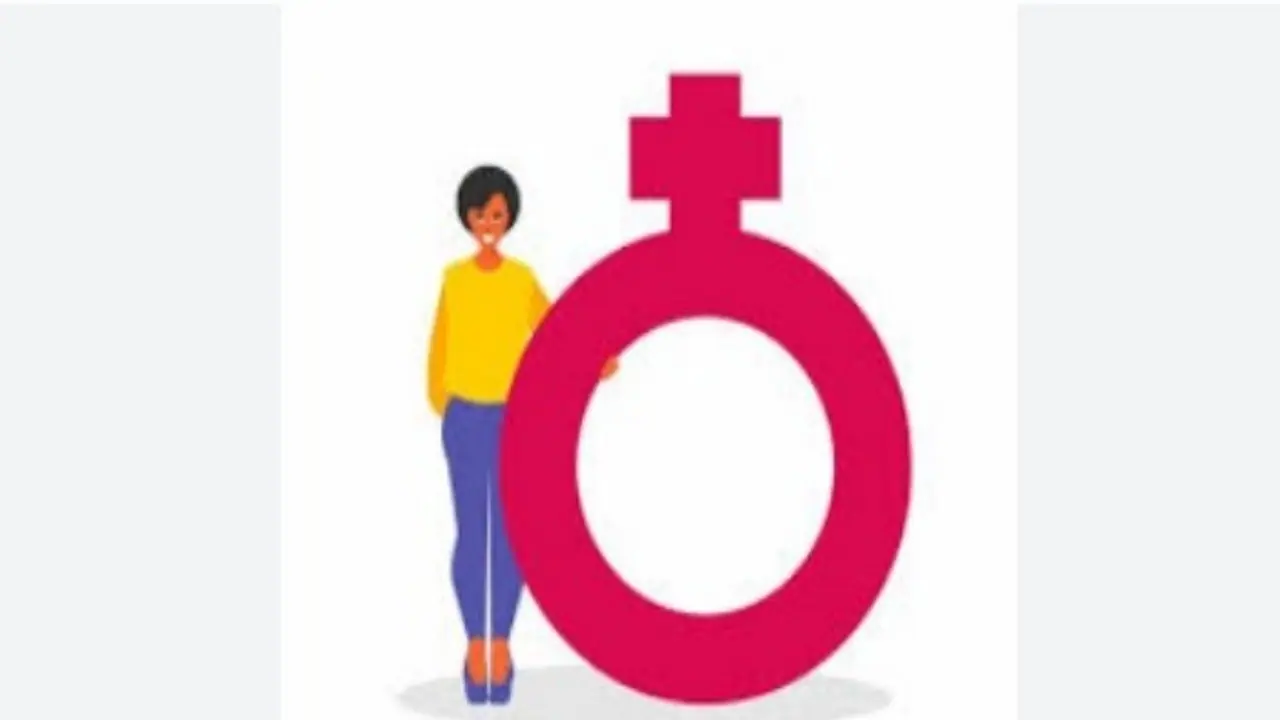UK top court has ruled that the term "woman" in the Equality Act refers specifically to biological sex, a decision announced by Lord Hodge on Wednesday. The ruling clarifies that legal protections for women.
In a landmark ruling with major legal and social implications, the United Kingdom’s Supreme Court has clarified that under the Equality Act 2010, the legal definition of a “woman” refers specifically to biological sex.

The unanimous decision, delivered by Lord Hodge, came in the context of a long-running dispute between the Scottish government and the women’s rights group For Women Scotland (FWS), reports BBC.
The legal battle stemmed from a challenge by FWS against guidance issued by the Scottish government which permitted trans women — individuals who have transitioned from male to female and possess a Gender Recognition Certificate (GRC) — to be appointed to public boards in positions reserved for women.
FWS argued that the Equality Act’s definition of “woman” is limited to biological females and that including trans women in these roles undermines sex-based protections for women. They claimed the existing ambiguity around who qualifies for these protections has led to confusion, particularly in access to women-only spaces and services.
The Scottish government, backed by trans rights advocates and legal experts, defended its interpretation. It relied on the Gender Recognition Act 2004, which states that a person who holds a GRC has legally changed their sex “for all purposes,” and therefore should be treated in law according to their acquired gender.
What the court ruled
The UK Supreme Court sided with FWS, stating that the definition of “woman” in the Equality Act is rooted in biological sex. Lord Hodge was careful to emphasise that the ruling should not be viewed as a “triumph for one side over another.” He stressed that the Equality Act continues to protect transgender individuals from discrimination and harassment, even though it distinguishes sex from gender identity in certain contexts.
This distinction, the Court noted, is legally necessary when it comes to maintaining sex-based protections — for example, in women’s refuges, hospital wards, sports, and public appointments. The Court held that redefining “woman” to include trans women would effectively conflate sex and gender identity, thereby altering the intent of Parliament in the Equality Act.
Implications of the judgment
The ruling is expected to have significant consequences across the UK, particularly in areas where access to services, spaces, or public roles is restricted by sex. It could lead to policy reversals in Scotland, where the government has taken a more progressive stance on transgender inclusion.
In practical terms, the judgment means that trans women — even those with a GRC — may not automatically be eligible for positions or services reserved for women, unless separate provisions are made to accommodate them under the category of “gender reassignment,” which is a protected characteristic under the Equality Act.
The ruling is also likely to reignite debates over whether the Equality Act should be rewritten to explicitly distinguish between biological sex and gender identity, and clarify where and how transgender people can access sex-segregated services.
Concerns and criticisms
The Court’s refusal to allow trans women to intervene directly in the case has drawn criticism. Among them was retired judge Victoria McCloud, a transgender woman, who argued that the absence of trans voices meant “the only affected group was excluded.” She warned that reversing the legal sex of trans people without their consent could strip them of critical rights, such as equal pay protections.
Despite the criticism, the ruling stands as a pivotal moment in UK equality law. It underscores the tension between upholding sex-based rights and ensuring full legal recognition and dignity for transgender people — a complex legal and societal challenge that is far from resolved.


